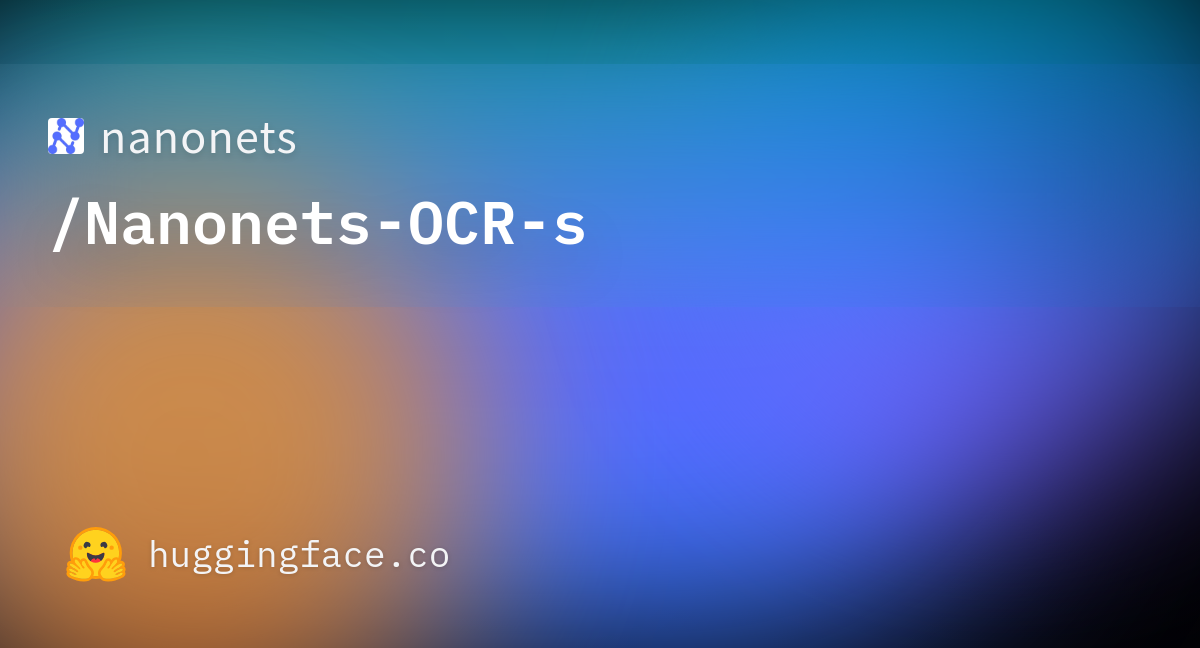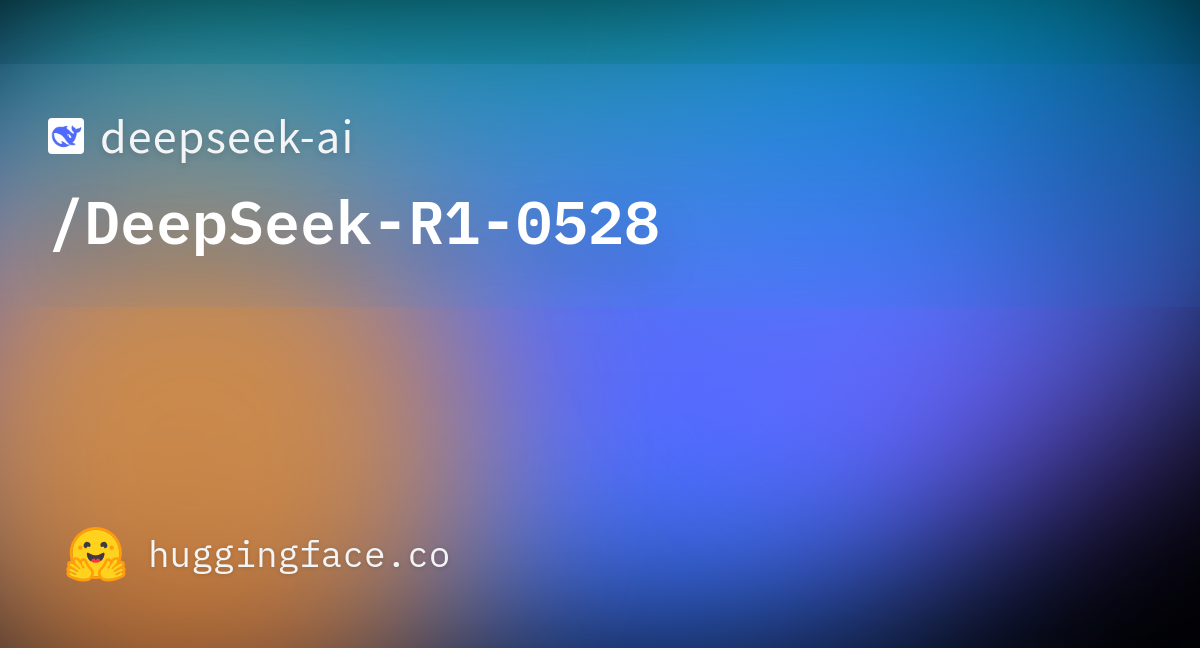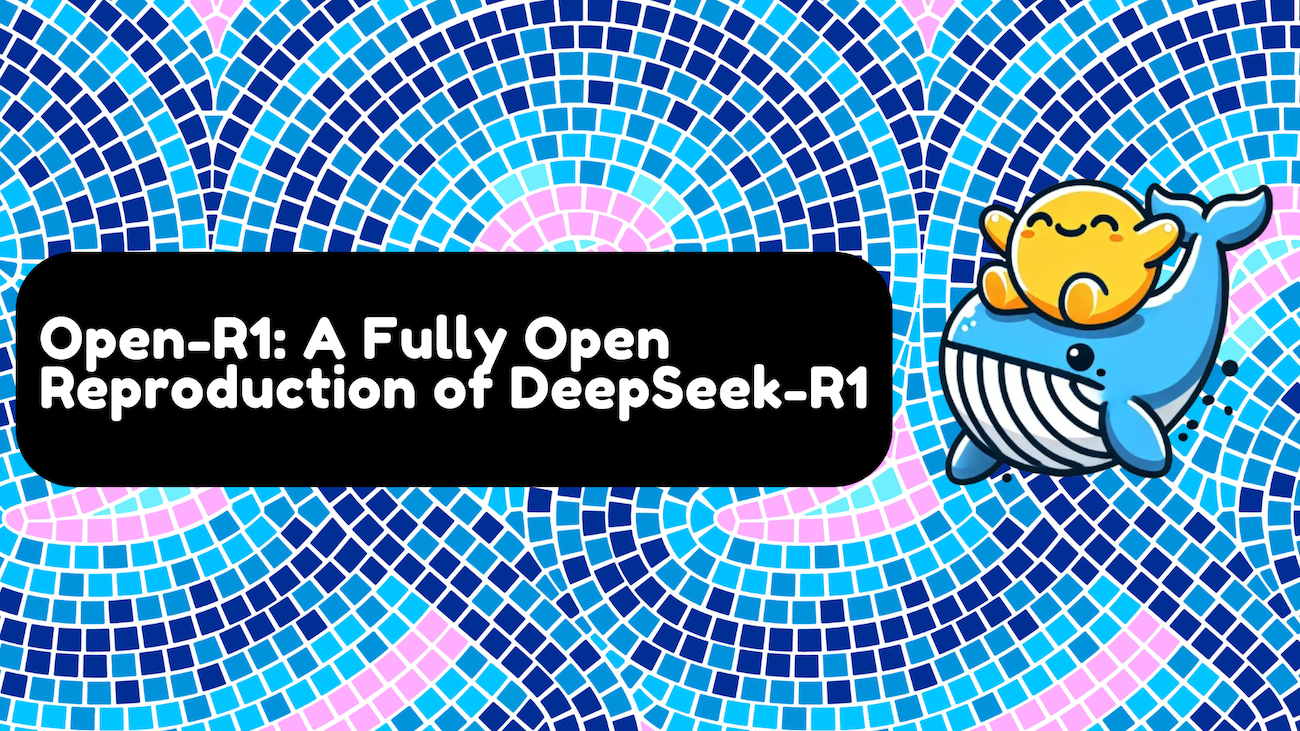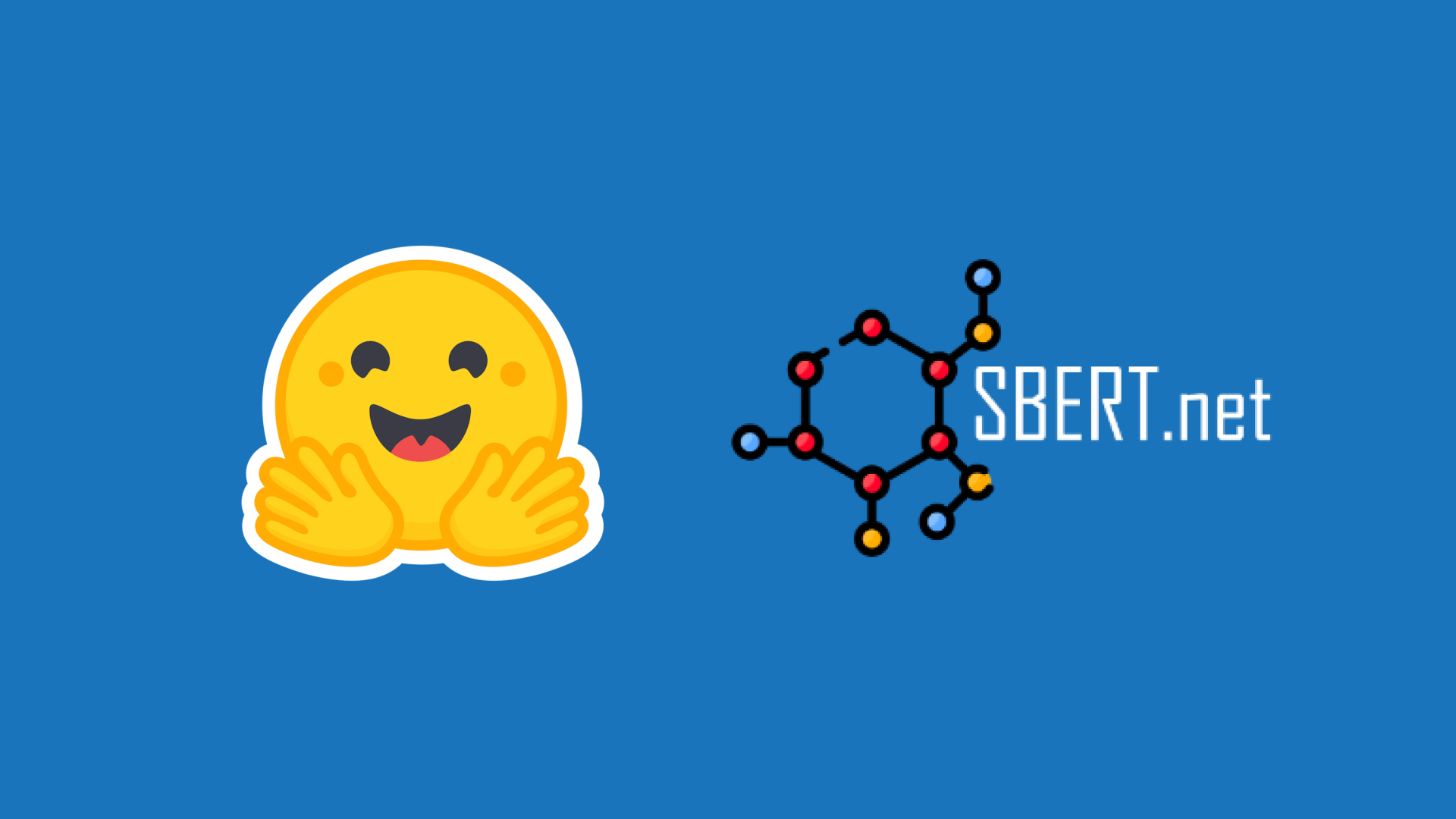Qwen3-235B-A22B-Thinking-2507: A Major Upgrade to Open-Source Reasoning Models
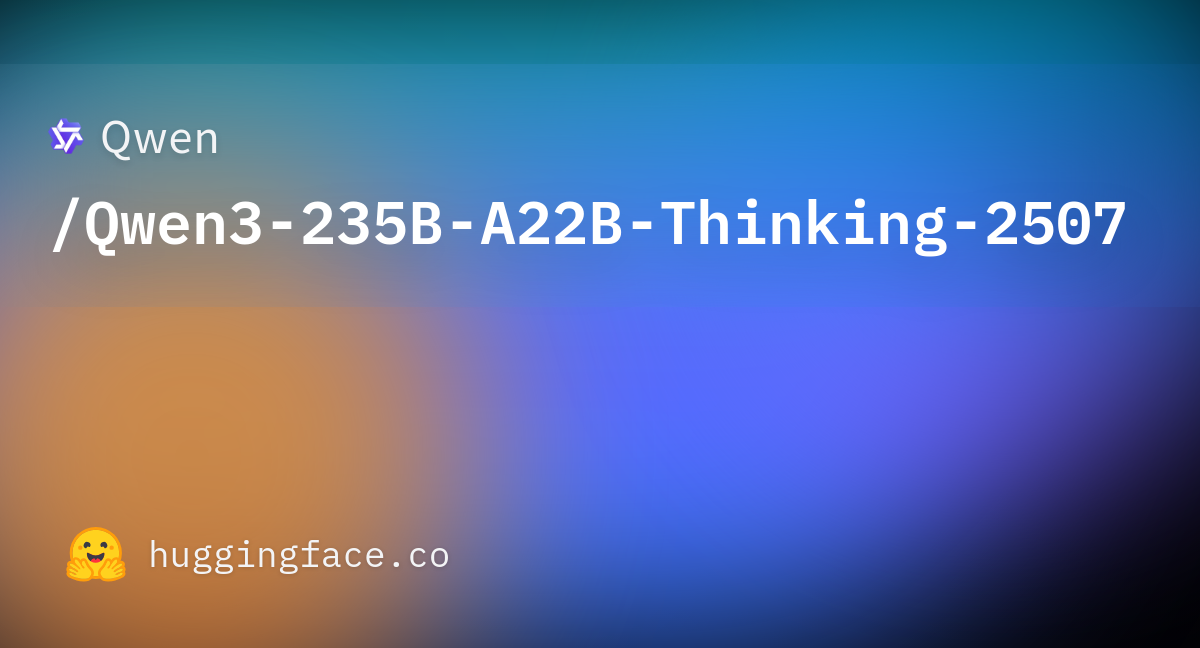
Qwen3-235B-A22B-Thinking-2507 represents a significant upgrade to open-source large language models, boasting groundbreaking advancements in reasoning capabilities. It achieves state-of-the-art results on logical reasoning, mathematics, science, coding, and academic benchmarks, demonstrating superior performance across various complex tasks. The model also exhibits improved general capabilities such as instruction following, tool usage, text generation, and alignment with human preferences, along with enhanced 256K long-context understanding. Crucially, this version operates in 'thinking mode' by default and is highly recommended for complex reasoning tasks.
Read more
